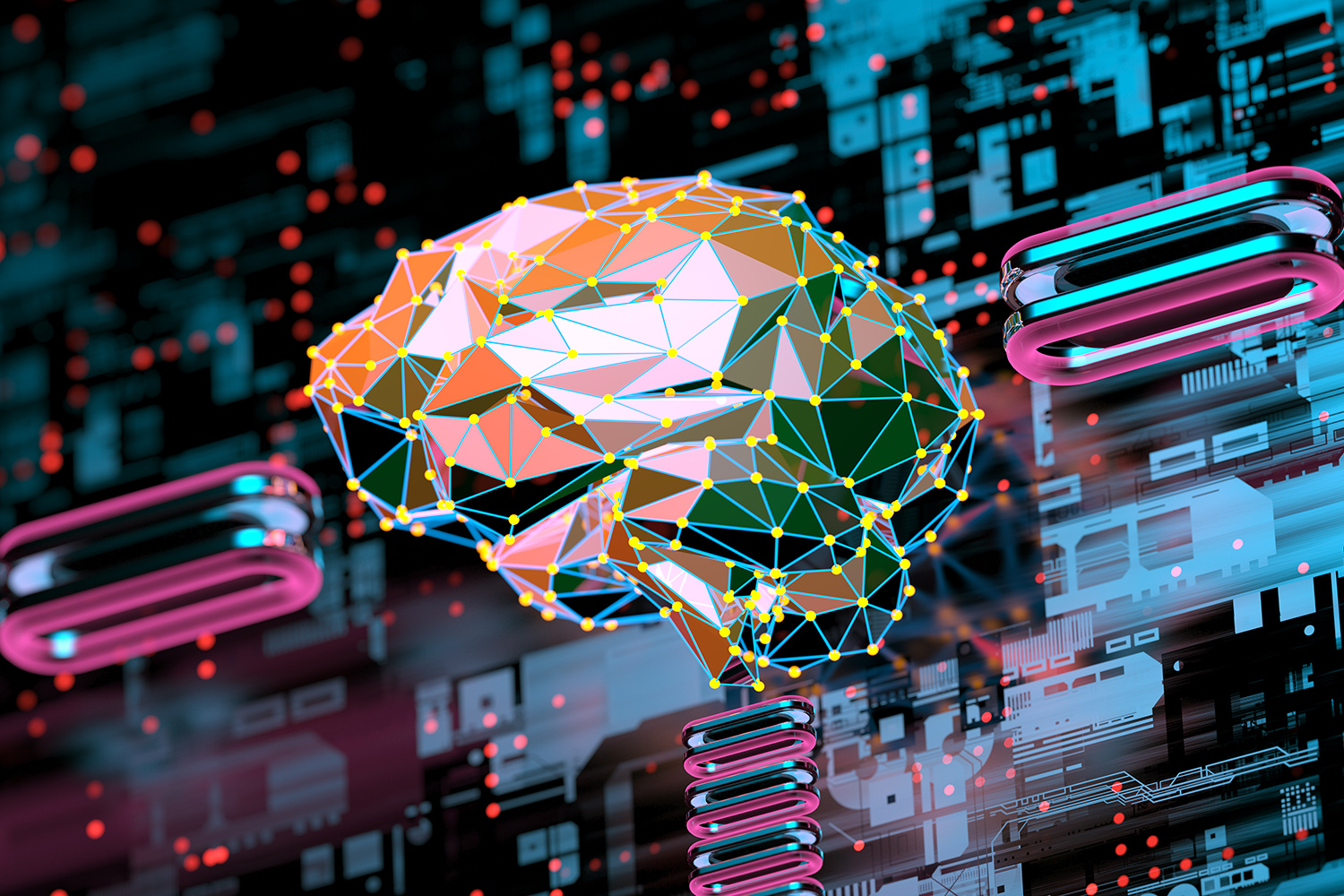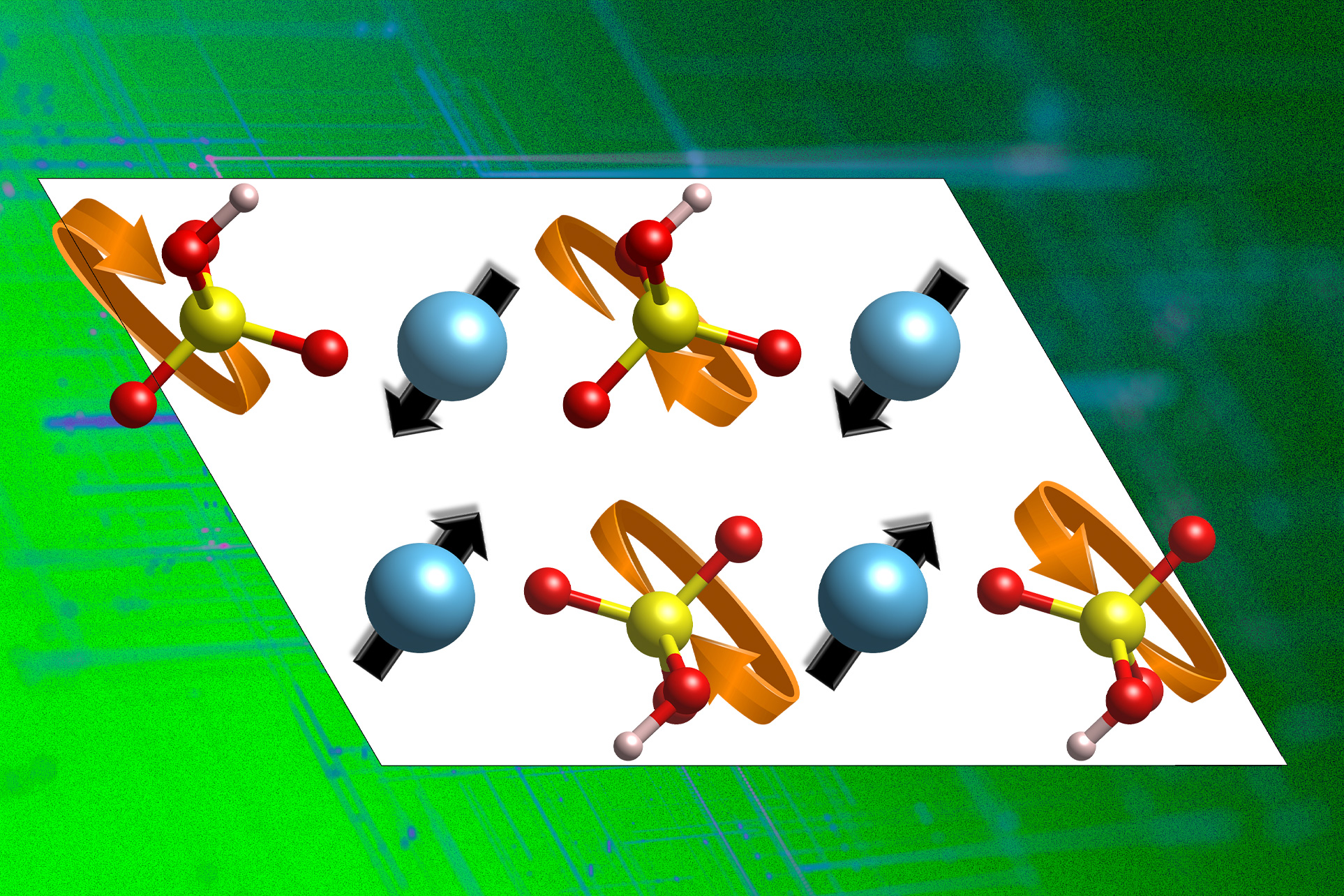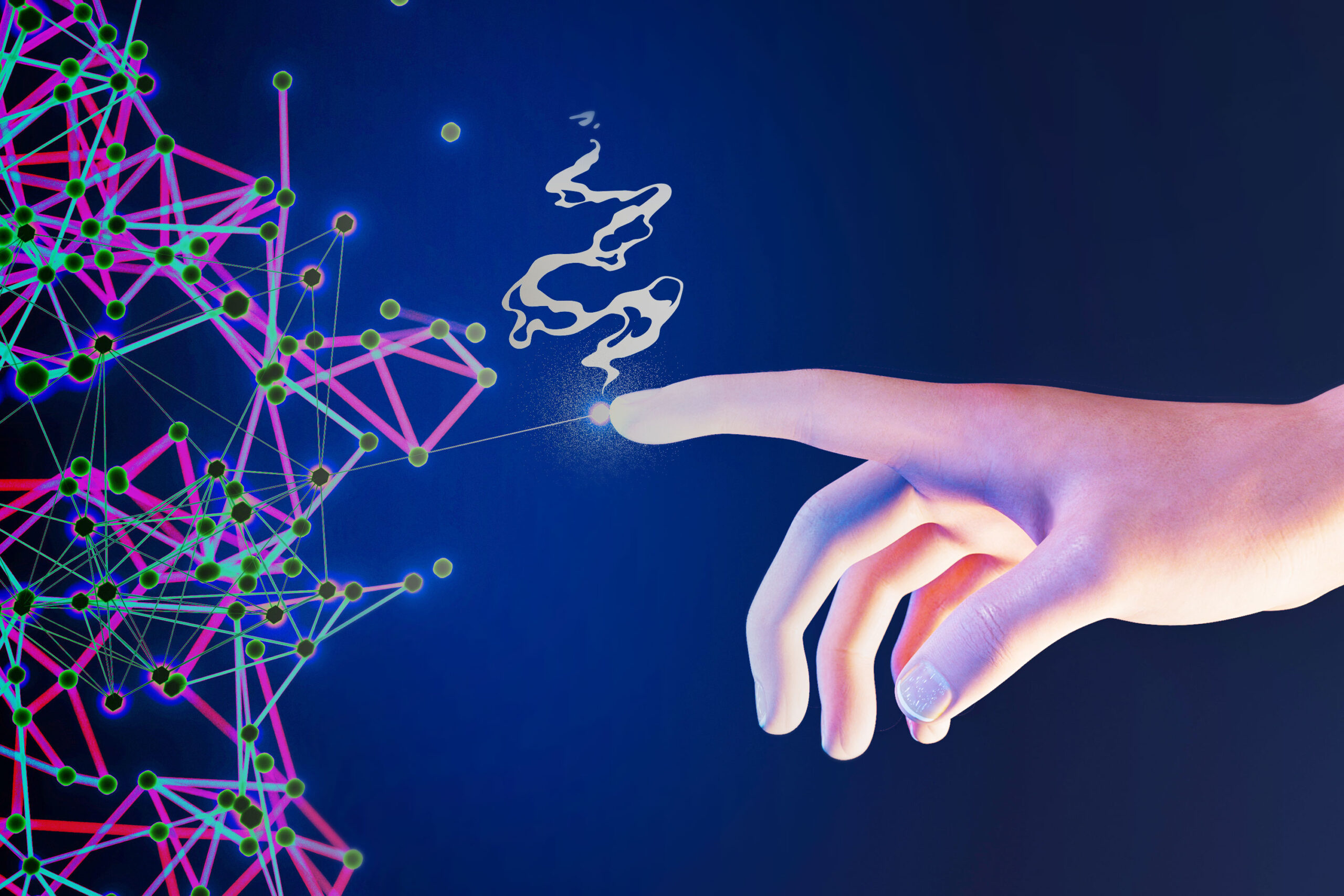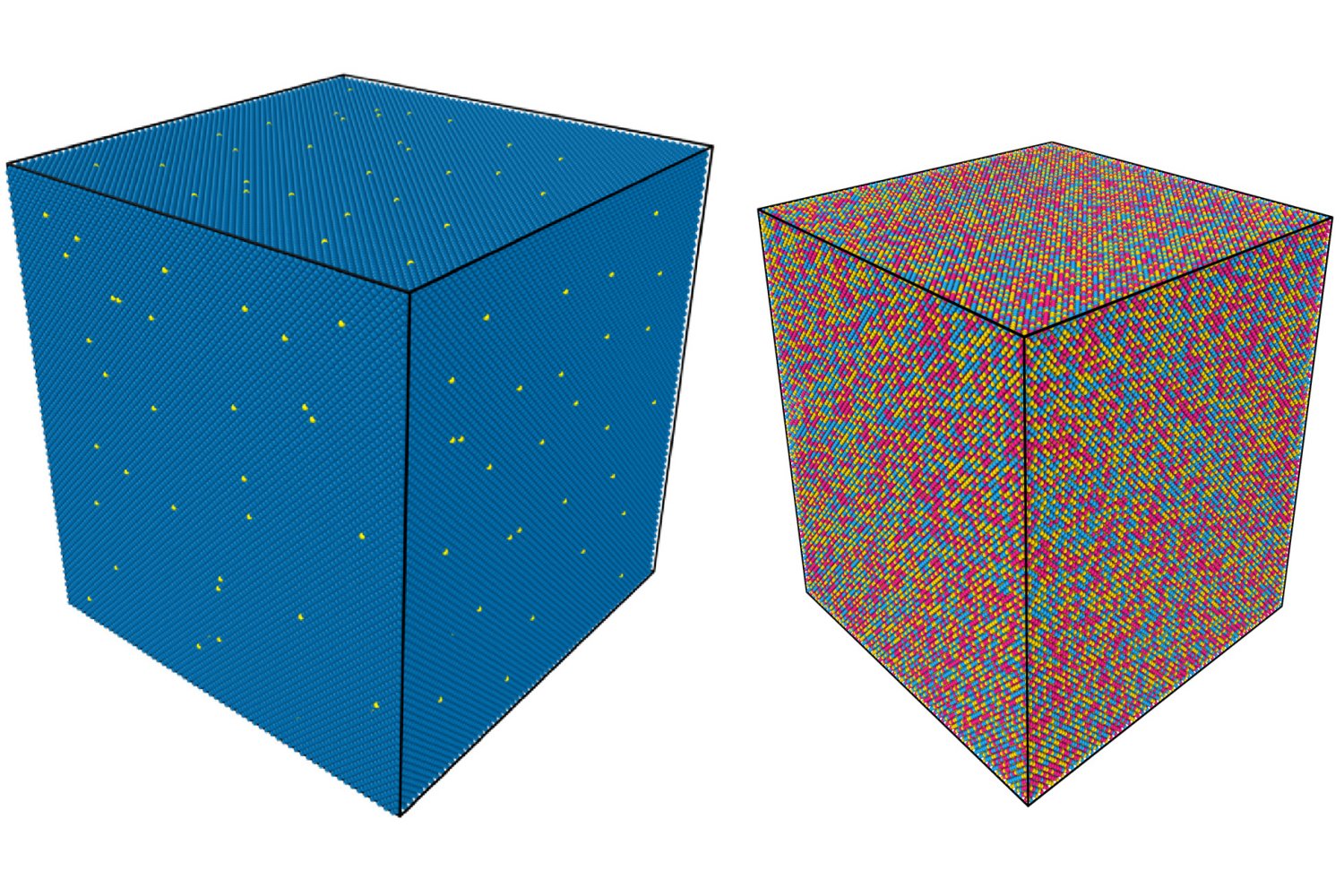-
Study: When allocating scarce resources with AI, randomization can improve fairness

Organizations are increasingly utilizing machine-learning models to allocate scarce resources or opportunities. For instance, such models can help companies screen resumes to choose job interview candidates or aid hospitals in ranking kidney transplant patients based on their likelihood of survival. When deploying a model, users typically strive to ensure its predictions are fair by reducing…
-
Researchers leveraging AI to train (robotic) dogs to respond to their masters

An international collaboration seeks to innovate the future of how a mechanical man’s best friend interacts with its owner, using a combination of AI and edge computing called edge intelligence. The project is sponsored through a one-year seed grant from the Institute for Future Technologies (IFT), a partnership between New Jersey Institute of Technology (NJIT)…
-
MIT researchers advance automated interpretability in AI models

As artificial intelligence models become increasingly prevalent and are integrated into diverse sectors like health care, finance, education, transportation, and entertainment, understanding how they work under the hood is critical. Interpreting the mechanisms underlying AI models enables us to audit them for safety and biases, with the potential to deepen our understanding of the science…
-
New video test for Parkinson’s uses AI to track how the disease is progressing

A video-processing technique developed at the University of Florida that uses artificial intelligence will help neurologists better track the progression of Parkinson’s disease in patients, ultimately enhancing their care and quality of life. The system, developed by Diego Guarin, Ph.D., an assistant professor of applied physiology and kinesiology in the UF College of Health and…
-
Proton-conducting materials could enable new green energy technologies

As the name suggests, most electronic devices today work through the movement of electrons. But materials that can efficiently conduct protons — the nucleus of the hydrogen atom — could be key to a number of important technologies for combating global climate change. Most proton-conducting inorganic materials available now require undesirably high temperatures to achieve…
-
Large language models don’t behave like people, even though we may expect them to

One thing that makes large language models (LLMs) so powerful is the diversity of tasks to which they can be applied. The same machine-learning model that can help a graduate student draft an email could also aid a clinician in diagnosing cancer. However, the wide applicability of these models also makes them challenging to evaluate…
-
AI model identifies certain breast tumor stages likely to progress to invasive cancer

Ductal carcinoma in situ (DCIS) is a type of preinvasive tumor that sometimes progresses to a highly deadly form of breast cancer. It accounts for about 25 percent of all breast cancer diagnoses. Because it is difficult for clinicians to determine the type and stage of DCIS, patients with DCIS are often overtreated. To address…
-
Can consciousness exist in a computer simulation?

Would it be desirable for artificial intelligence to develop consciousness? Not really, for a variety of reasons, according to Dr. Wanja Wiese from the Institute of Philosophy II at Ruhr University Bochum, Germany. In an essay, he examines the conditions that must be met for consciousness to exist and compares brains with computers. He has…
-
Ant insights lead to robot navigation breakthrough

Have you ever wondered how insects are able to go so far beyond their home and still find their way? The answer to this question is not only relevant to biology but also to making the AI for tiny, autonomous robots. TU Delft drone-researchers felt inspired by biological findings on how ants visually recognize their…
